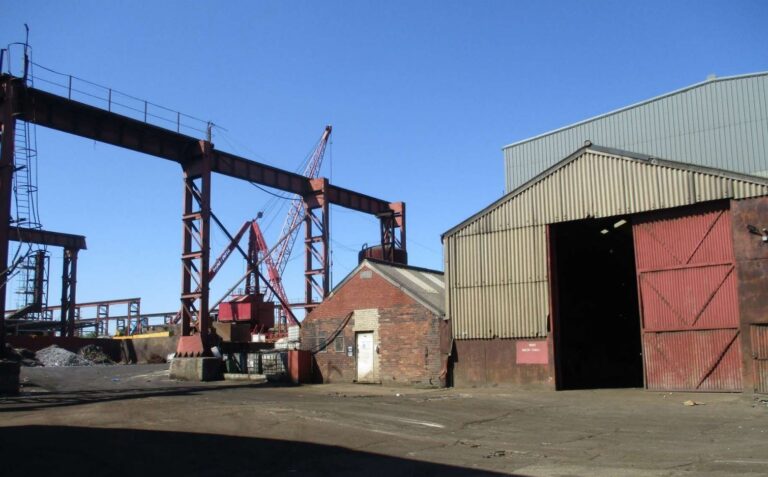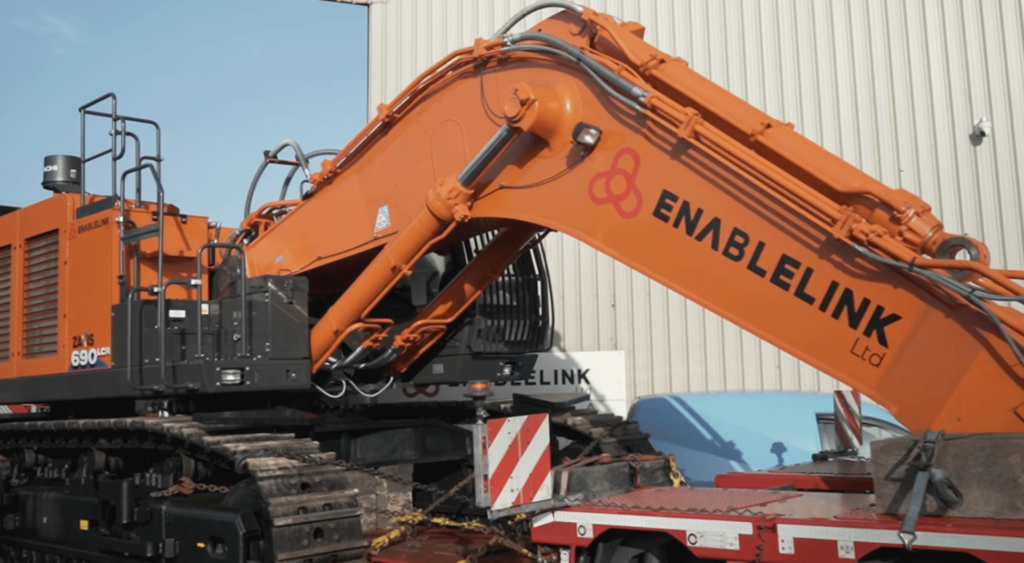The opinions are contained within responses to the Department of Trade and Industry's consultation paper on the WEEE Directive which was issued earlier this year. As part of its continuing process of dialogue, the DTI this week published a summary of responses.
The WEEE Directive, which has to become law in the UK by August 2004, calls for the separate collection and recycling of electrical equipment. Alongside it, a directive on hazardous substances – the RoHS Directive – requires a reduction in the amount of certain compounds used in the manufacture of new equipment.
The consultation received 316 responses, with 93 from manufacturers, 54 retailers, 50 trade associations, 43 waste companies and recyclers and 41 from local authorities.
Despite general agreement on most of the questions posed by the DTI questionnaire, some topics led to widely different opinions and suggestions of alternative options. The main issues raised by respondents to the consultation included methods of collection and methods of financing the collection and treatment of new, historic and orphan equipment.
Collections
The three most popular options for the collection of WEEE were: the use of civic amenity sites; in-store retailer take-back; and retailer or producer take-back on delivery of new equipment. However, retailers and local authorities expressed reservations about the proposed systems.
The DTI report said: “The majority of respondents felt that a range of WEEE collection methods would need to be employed, including producer/retailer take-back both in-store, upon delivery of a new product and via postal schemes. Not surprisingly, a high proportion of local authorities called for mandatory retailer take-back with some quoting their concerns about recent fridge take-back schemes.”
The summary said that retailers were reluctant to have mandatory in-store take-back, raising concerns such as space, health and safety and whether stores would have to apply for waste management licences.
A third of the respondents said that there should be a collection obligation placed on local authorities, but the local authorities that responded to the consultation were split on their views. Some said that there should be no legal obligation on local authorities, others accepted that they may have to have a role, but stressed that extra funding would be needed.
Costs
The consultation also invited respondents to estimate the costs of the different collection methods. The DTI summarised them as follows:
- Retailer in-store take-back for small items of WEEE: approximately 10p per unit.
- Retailer in-store take-back: 50p per kilogram.
- Bulky waste collection by local authorities: approximately 30 per household.
- Collection: 20 per item.
- Collection of coin-operated units: 35 per unit
One local authority estimated that the start up cost for a kerbside collection would be 3 million, with 2 million per year ongoing costs.
Financing
The WEEE Directive prescribes that for electrical equipment put on the market after August 13, 2005, producers of the equipment must provide a form of financial guarantee to pay for its recycling. Options for organizing the financing set out by the Directive some kind of insurance and a blocked bank account, but 38% of respondents suggested alternative schemes.
The summary said: “18 respondents, mainly manufacturers and Trade Associations, argue for a flexible approach in which examples of suitable guarantees are provided as per the EC Directive, but the legislation also allows for other solutions.”
The other suggestions in the responses included:
- Collective scheme (9 respondents)
- Levy on current sales (4 respondents)
- Written statement from producers (3 respondents)
- Liability provision in company accounts (2 respondents)
Autumn
The DTI's second consultation paper on the WEEE and RoHS Directives is expected to be launched this autumn.
The summary of responses to the first consultation paper can be downloaded from the DTI's WEEE and RoHS website.










Subscribe for free